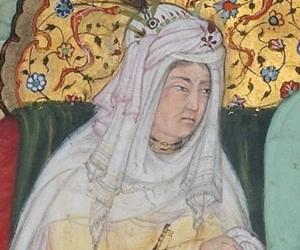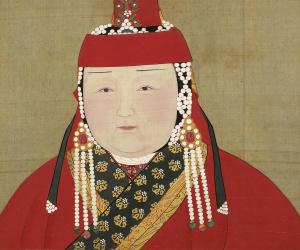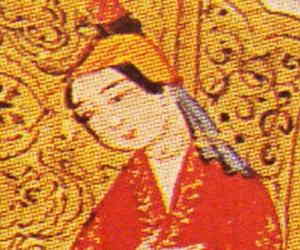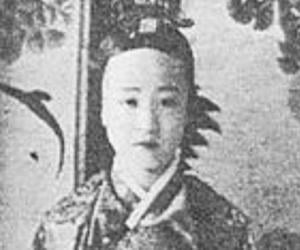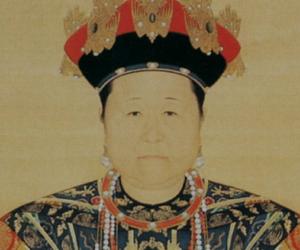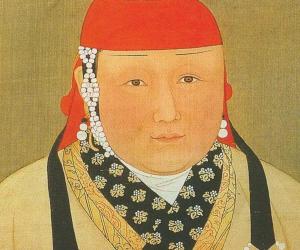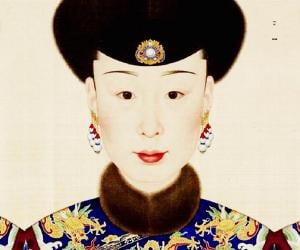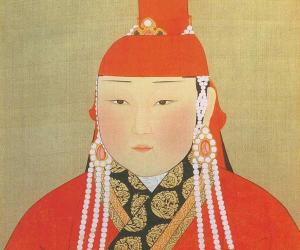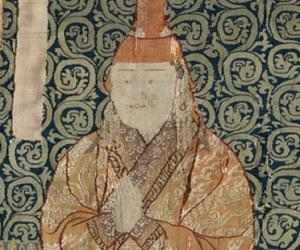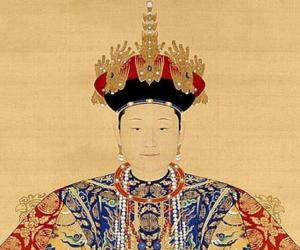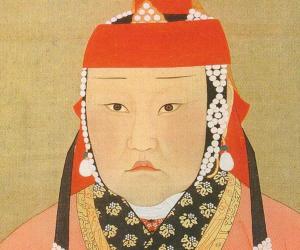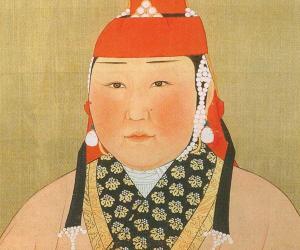1
Danashri

12
2
Birthdate: 1320 AD
Birthplace: Mongoli
Died: 1335 AD
Danashiri, daughter of El Temür, served as a prominent figure during her husband's reign. She faced challenges due to the emperor's fondness for his concubine, Lady Ki, leading to conflicts and harsh actions. Her involvement in her brother's rebellion further complicated her position, resulting in exile to Hefei and eventual poisoning. Despite these struggles, Danashiri's professional life reflected her efforts to navigate complex political dynamics and protect her family members, ultimately leaving a mark on the history of the time.
